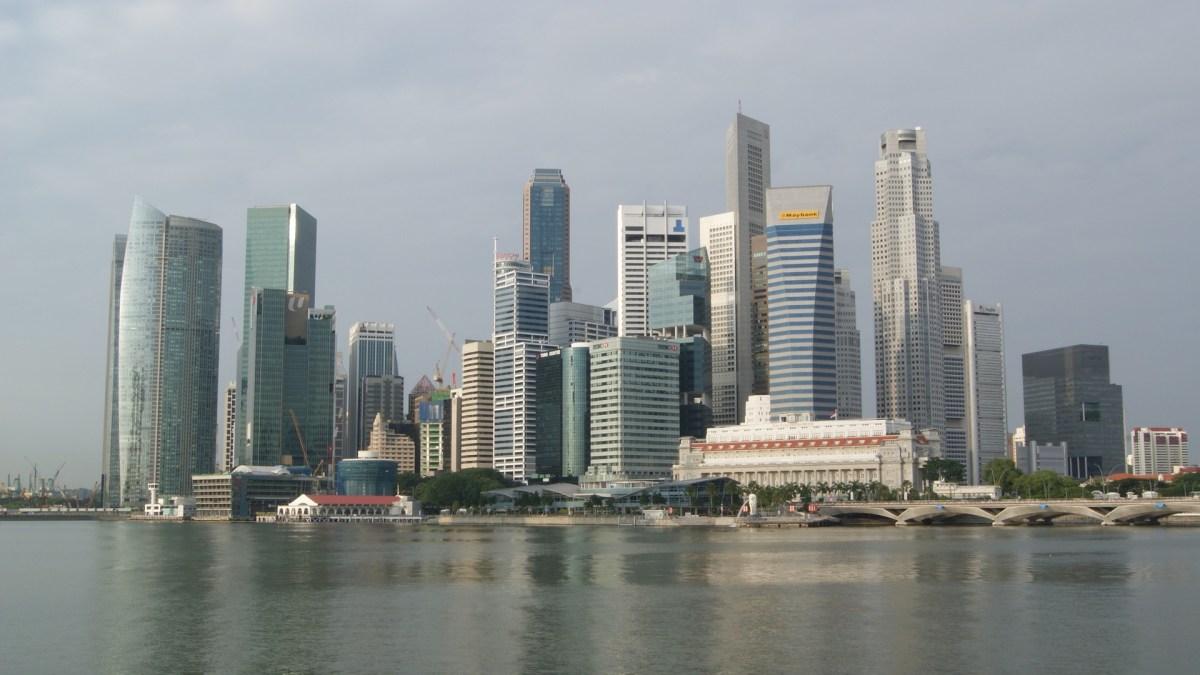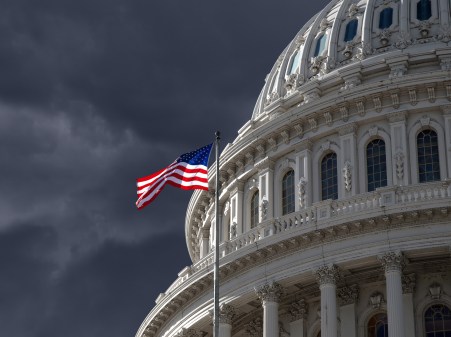U.S. cybercrime-fighters enter agreements with Indonesia, Singapore

When U.S. officials return from international conferences this week they can be thankful for bolstered cybersecurity alliances with two Southeast Asian countries.
The government has struck separate deals with Indonesia and Singapore to strengthen bilateral cooperation on fighting international cybercrime.
Deputy Attorney General Rod Rosenstein and Indonesia’s police chief on Monday reached an agreement to increase U.S. training of Indonesian law enforcement officials to combat cyberattacks such as ransomware and to better use digital forensics, according to Straits Times newspaper. The State Department meanwhile signed a declaration of intent with Singapore’s Cybersecurity Agency to increase training and the sharing of technical information, ZDNet reported.
Both Singapore and Indonesia are members of the Association of Southeast Asian Nations (ASEAN), an intergovernmental organization made up of members that increasingly have been targeted by hackers, researchers warned this year. Singapore in July said it had been victimized in its largest-ever cyberattack, in which suspected nation-state hackers compromised health information belonging to roughly 1.5 million people including the prime minister.
The Department of Justice’s agreement with Indonesia came on the sidelines of an Interpol conference in Dubai. DOJ prosecutors have had multiple noteworthy convictions in cybercrime cases over the past two years. Most of those have involved Eastern European hackers, but such networks often extend globally. Prosecutors have cited cooperation from Indonesian authorities in arrests of accused scammers from throughout the world.
The State Department’s pact with Singapore builds on an existing Memorandum of Cybersecurity Understanding signed in 2016. The enhanced agreement will lead to more threat information sharing, stronger human resource development techniques, the development of new cybersecurity standards, among other cooperation, Singapore Cyber Security Agency CEO David Koh told reporters.
“With cybersecurity as a transboundary issue, strong international partnerships remain key to navigating the increasingly complex cyber terrain,” Koh said. “The MOU will help to strengthen the cybersecurity landscape of both countries.”
Awareness about cybersecurity weaknesses among Asian-Pacific countries has grown markedly since suspected North Korean hackers stole roughly $81 million from the account of Bangladesh Bank at the Federal Reserve Bank of New York. The thieves in that case routed the stolen funds throughout the world, though investigators suspected that much of the cash was laundered through casinos in the Philippines, another ASEAN member country.






